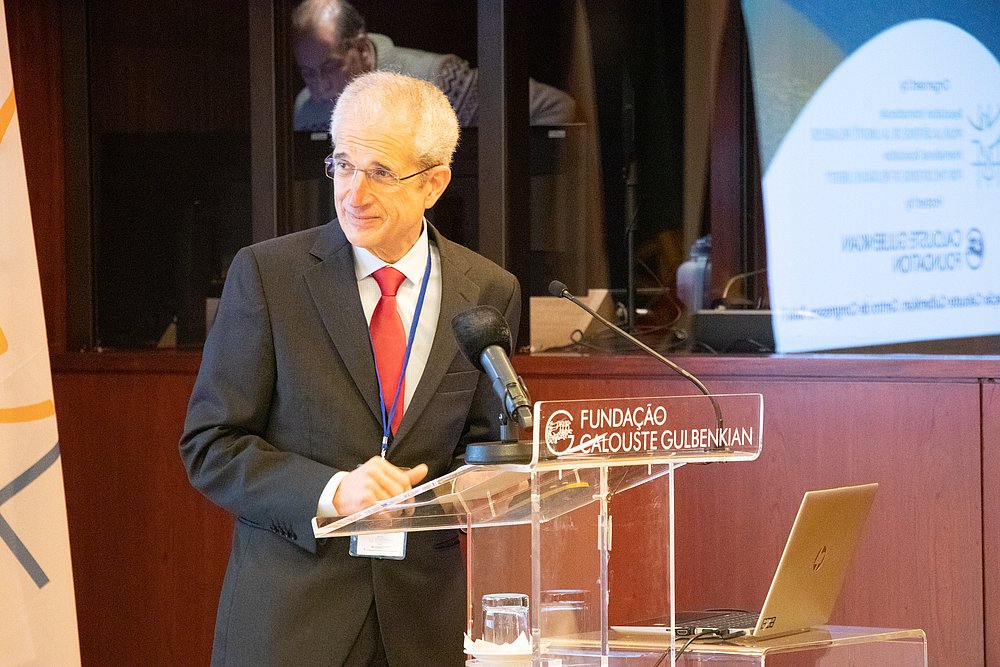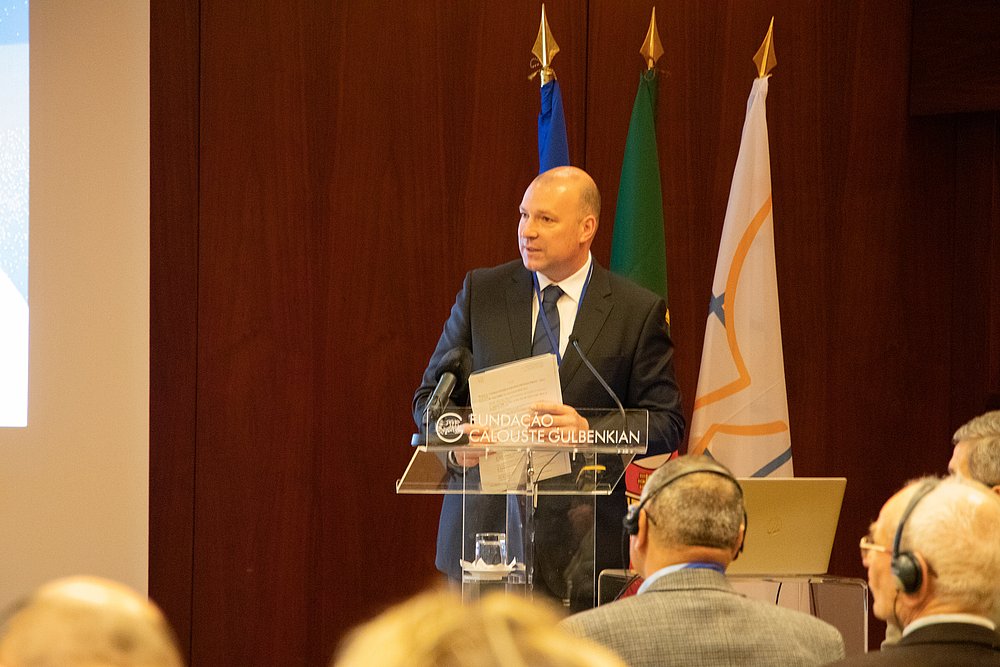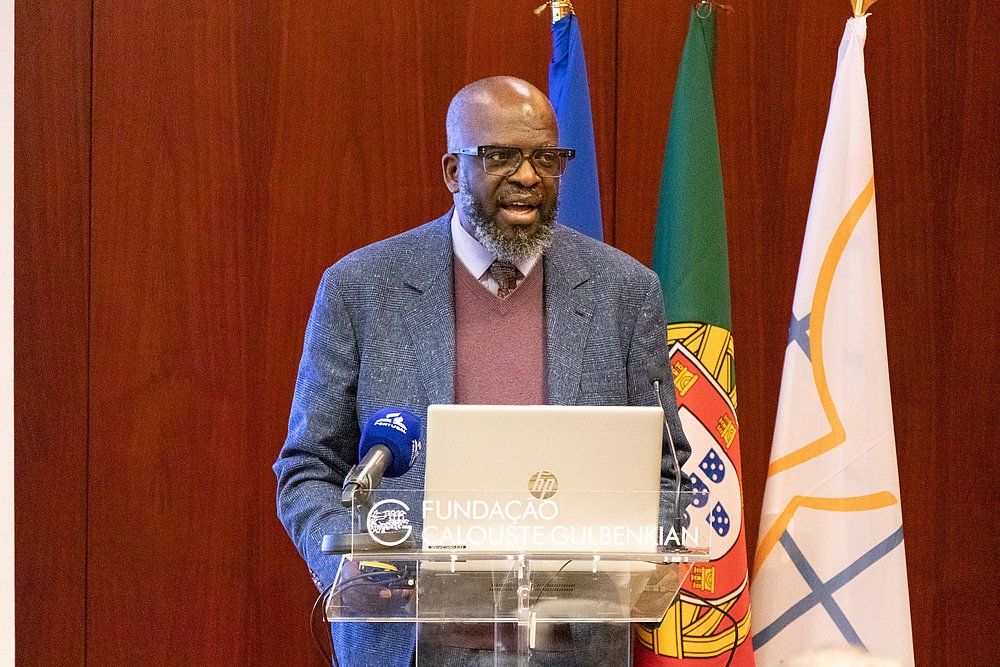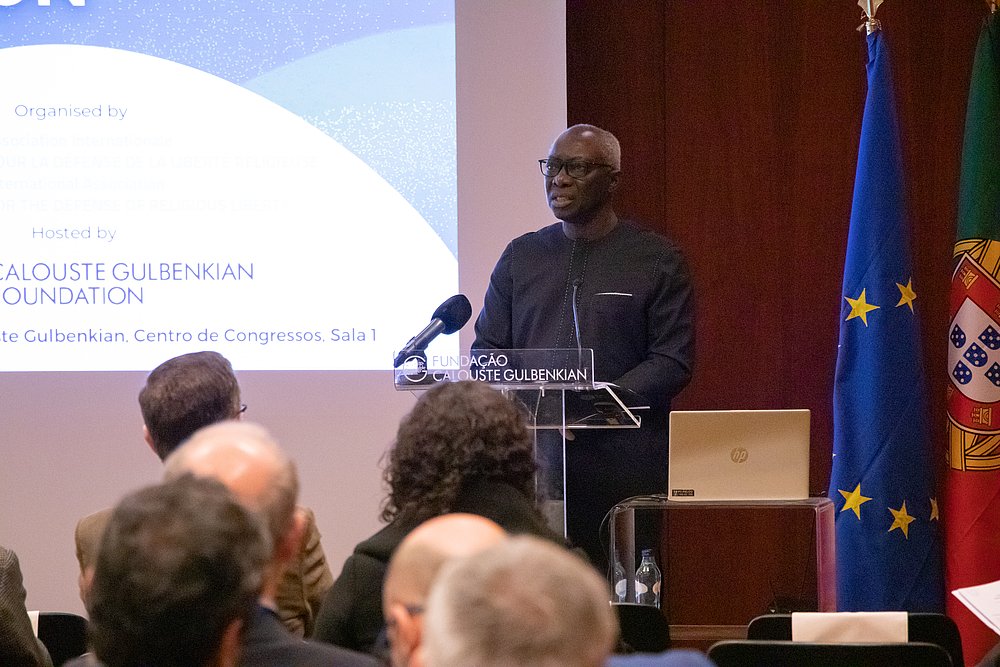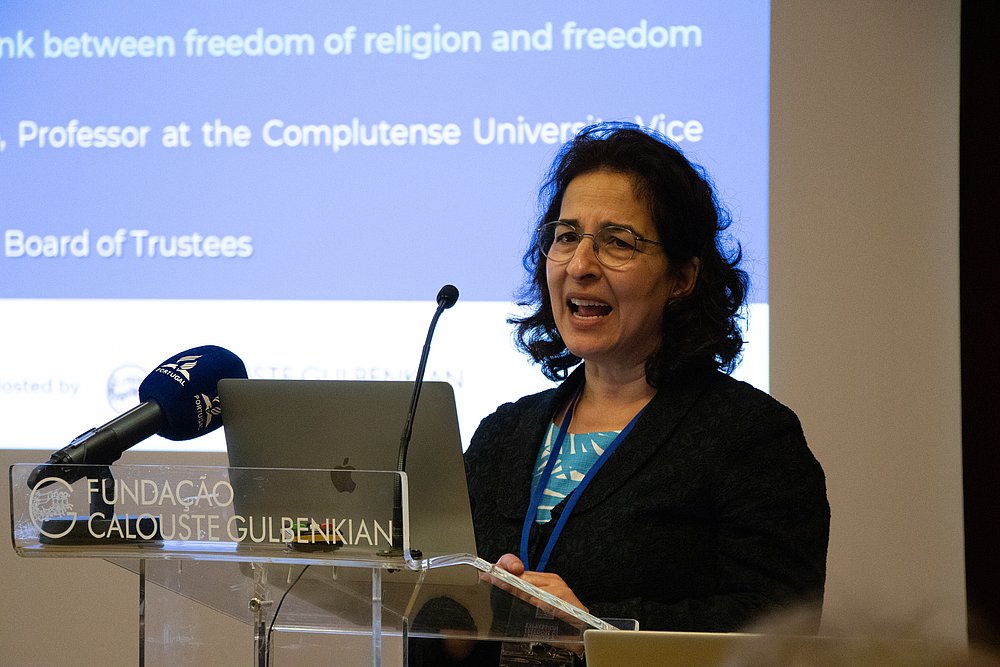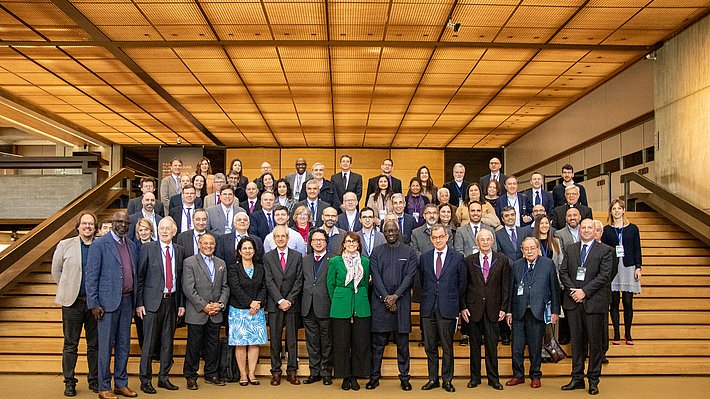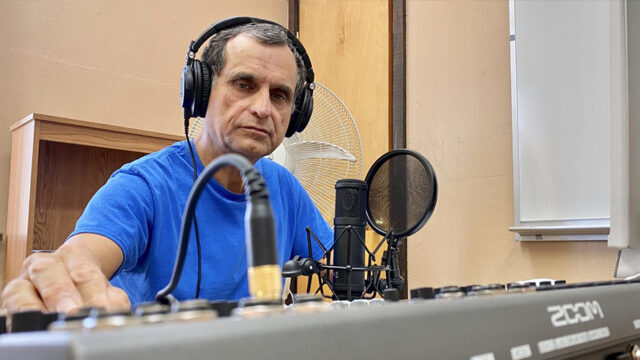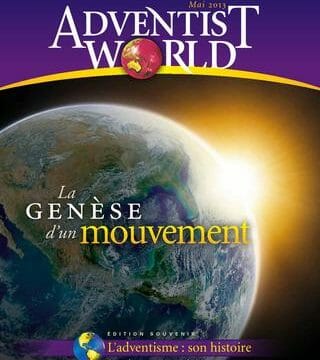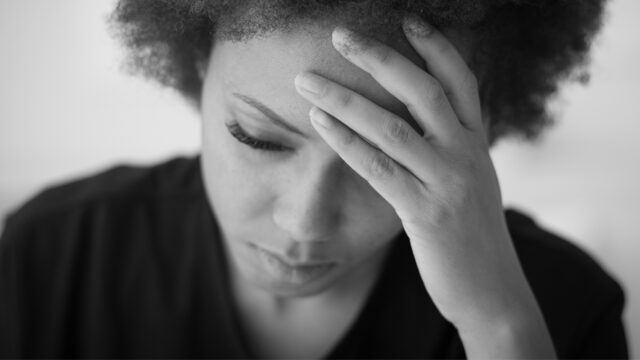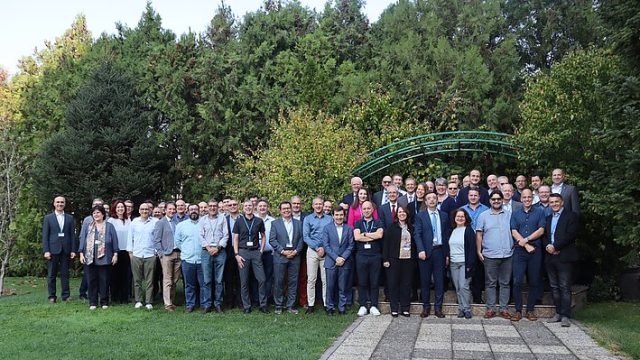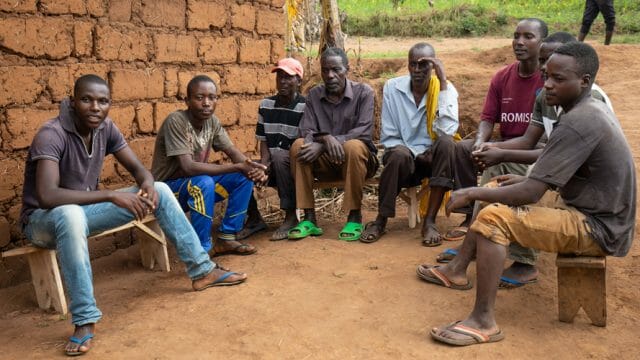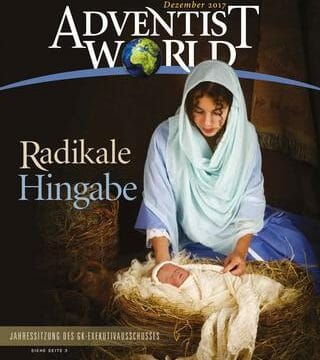Conference in Portugal addressed tensions between religious freedom and free expression.
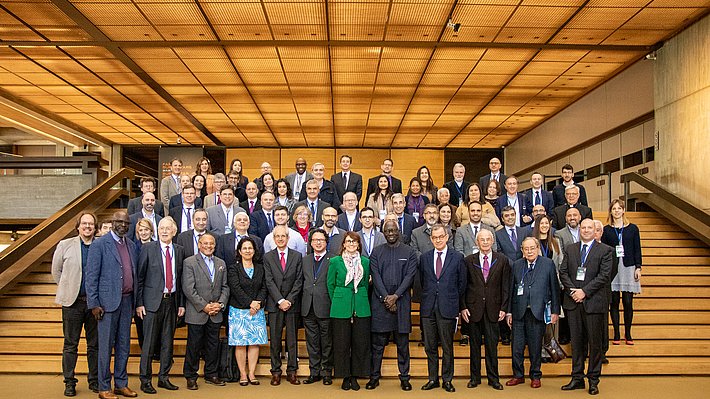
“Religion and Freedom of Expression” was the theme of the 2023 Conference on Conscience and Liberty, organized by the International Association for the Defense of Religious Liberty (AIDLR) in Lisbon, Portugal.
The non-governmental organization, with headquarters in Bern, Switzerland, and official representation in Brussels, Belgium, was hosted by the Fundação Calouste Gulbenkian (Calouste Gulbenkian Foundation) in Lisbon.
“All those who came here did so with the aim of creating a more just society, where people can get along, with trust,” AIDLR president Mário Brito said in an interview for Portuguese public television. “We came to think [of] how we can make the best use of religion, also [making] room for difference, with respect. We want everyone to be able to express themselves, to say what they think, to influence in a positive way, and we work for this.”
Brito acknowledged that there are those who try to fight to prevent this from happening, but “we cannot remain silent,” he said. “We add our voice to those of people of good will, in a clear way, contributing to the good of society, which is part of preaching the gospel.”
The February 7-8 conference brought together renowned experts and thinkers in freedom of conscience, worship, and religion. They delved into the topic from the perspectives of law, history, theology, and culture, along with presenting practical cases where these two freedoms conflicted or were in danger.
“The theme of this conference was chosen as a response to a deep concern about the current tension between the freedoms of religion and expression,” AIDLR secretary general Paulo Macedo said. “There is a history of study and legislation in relation to the protection of religious speech, about religion, and in relation to religion. But one notes a growing tension in relation to speech from religion on matters of society. There is a tendency to silence the voice of those with faith.” Macedo emphasized that it is necessary to reflect and try to help resolve the current tension, seeking to maintain respect for both aspects of freedom.
Two of the speakers were Nazila Ghanea, United Nations special rapporteur on freedom of religion or belief (FoRB), and Ibrahim Salama, chief of the Human Rights Treaties Branch of the UN Human Rights High Commission. Ghanea spoke about the role of the special rapporteur, the priorities of her mandate, and an overview of the state of religious freedom today. Salama gave an in-depth presentation on the role of education for the relationship between faith and human rights through the UN’s “#Faith4Rights” program.
Attendees also included International Religious Liberty Association (IRLA) director Ganoune Diop; former IRLA director John Graz; Francesco de Lillo, from EPRID, the platform of European NGOs against religious intolerance; and João Martins, Adventist Development and Relief Agency (ADRA) executive director in Europe.
In addition to official representatives, the event was attended by around 80 participants and other speakers, including academics, clergy, and religious community leaders. It also included journalists and students. Among them were the secretaries-general of the national AIDLR chapters from Germany, France, Spain, Italy, Switzerland, Austria, Bulgaria, Romania, and Portugal. The involvement, growth, and expansion of the AIDLR national chapter network is a high priority for AIDLR, according to its Board of Trustees.
“This conference has challenged national sections to continue to work and deepen their efforts in bringing these and other issues related to religious freedom to their countries. It is important that this movement is taken to the people, closer to those who suffer and experience the problems, and can help change the situations for the better through education, dialogue, and understanding,” Adama Dieng, chair of the Honorary Committee of AIDLR, said at the closing ceremony.
More About the AIDLR
AIDLR is a non-governmental and non-political organization, with UN status granted in 1978. It was founded in 1946 in Paris by the Franco-Swiss physician Jean Nussbaum to defend the religious freedom of all people throughout the world. Since 1985, it has had consultative status with the Economic and Social Council of the United Nations in New York and Geneva, and with the Council of Europe in Strasbourg. Since 1966 it has been headquartered in Bern. Macedo has been secretary-general since the organization’s General Assembly appointed him on November 8, 2021.
The original version of this story was posted on the Inter-European Division news site.


